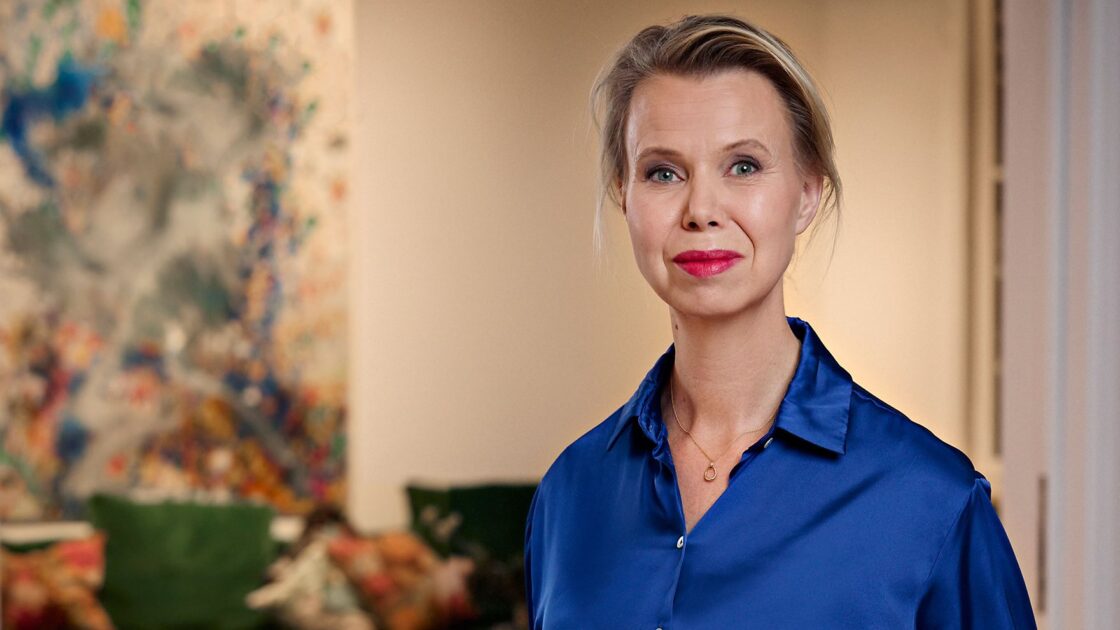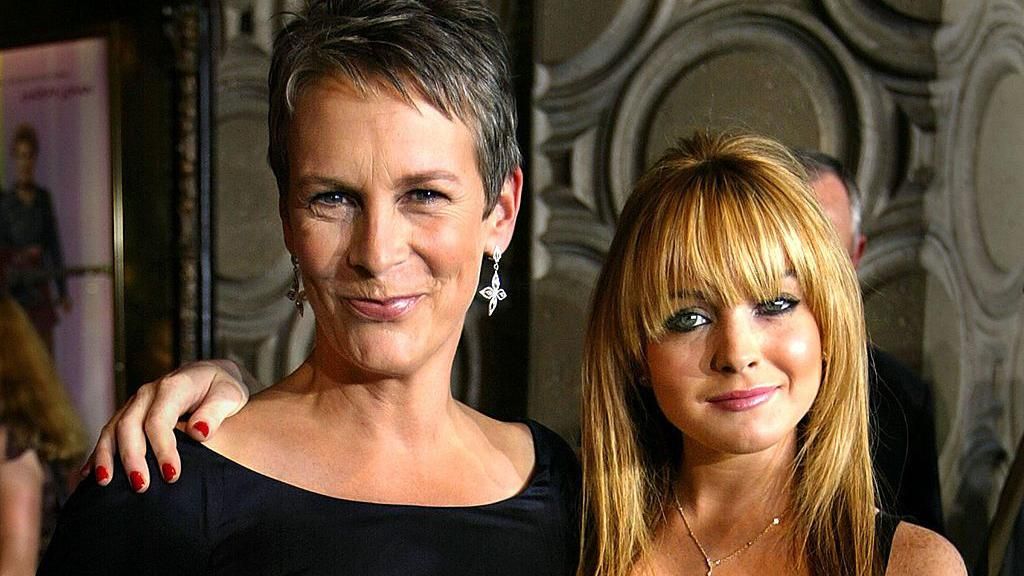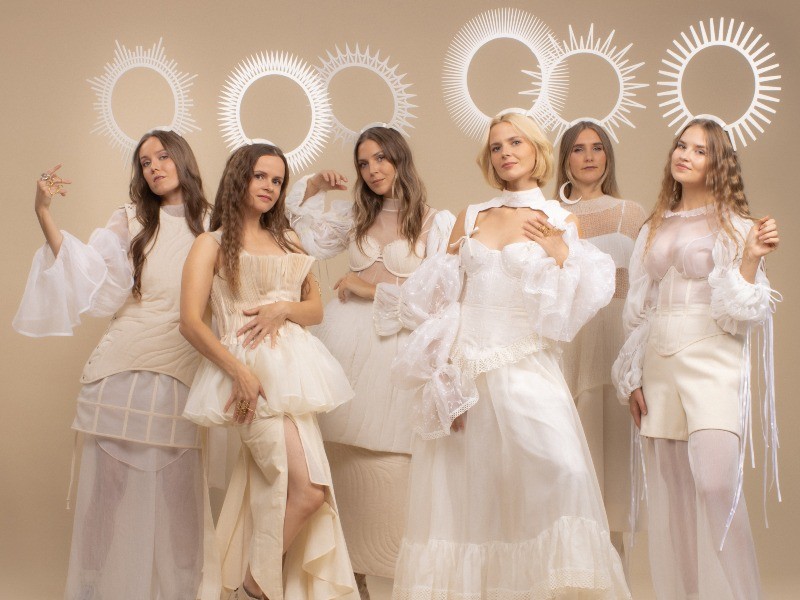
Back in July, a number of broadcasters — including those in Iceland and Slovenia — said they would formally request that Israel be excluded from Eurovision over its government’s actions during the ongoing war in Gaza.
As you’ll recall, Slovenia’s RTVSLO threatened to withdraw from Eurovision if Israel were allowed to participate in 2026. And Stefán Jón Hafstein, Chairman of the Board of Directors of the Icelandic broadcaster, suggested that Israeli artists should be asked to participate under a neutral flag.
But now, following a new report from RTL Nieuws, it appears that no broadcaster has filed a request that the EBU remove Israel from the competition.
RTL adds that the EBU is still in discussions with broadcasters across Europe to “gain insight into their participation in the Eurovision Song Contest.”
In early July, the EBU began its 94th General Assembly. One of the big topics of discussion was the influence of global politics on the Eurovision Song Contest, in particular Israel’s participation.
The nation’s ongoing presence at the contest has been the centre of much debate and protest for the past two years following its actions in Gaza, where more than 63,000 people have been killed since October 2023.
Multiple international organisations have accused Israel of committing war crimes and acts of genocide during the fighting, which began after Hamas carried out an attack in southern Israel.
Israel’s government and military have regularly denied that its actions in Gaza amount to genocide. Furthermore, they say actions carried out are justified as a means of self-defence.
During the General Assembly, broadcasters of those countries competing in Eurovision were able to express their views amidst a private discussion. Some have previously made their position known publicly.
Following a “constructive exchange of views,” the EBU has now indicated it intends to analyse how participation is managed amidst geopolitical tensions. An investigation will be led by an unnamed former senior TV executive, who will present their findings in autumn, ahead of the next General Assembly in December.
Below is the EBU’s statement in full.
“At today’s EBU General Assembly, Members held an open and constructive discussion on the Eurovision Song Contest (ESC) and the increasingly complex global context in which it takes place.
“The Assembly was a chance to celebrate the success of ESC 2025 – not just in terms of its record-breaking reach and engagement but in terms of its cultural resonance and ability to foster inclusivity, creativity, and a sense of belonging on a world stage.
“But of course, despite its extraordinary success, the Eurovision Song Contest, like many other events, is not immune to the pressures of global politics. Questions around participation have become increasingly sensitive and multifaceted, and our Members hold a wide range of perspectives on these issues, which they were able to express in detail today.
“Members had a constructive exchange of views. There was a shared understanding that this is an unprecedentedly complex situation and there is a wide diversity of opinions. Members also expressed their support for the work of the Israeli public broadcaster Kan and its independence, noting the pressure it is repeatedly experiencing from the Israeli government.
“To help us navigate the current landscape, a former senior TV executive has now been invited to lead a structured and in-depth dialogue with our Member broadcasters in the coming weeks.
“They will engage with Directors General and other stakeholders to gather insights on how we manage participation, geopolitical tensions, and how other organizations have approached similar challenges. They will report back with recommendations this autumn.
“The EBU remains committed to transparency and will continue to keep Members informed of developments in the months ahead.”















